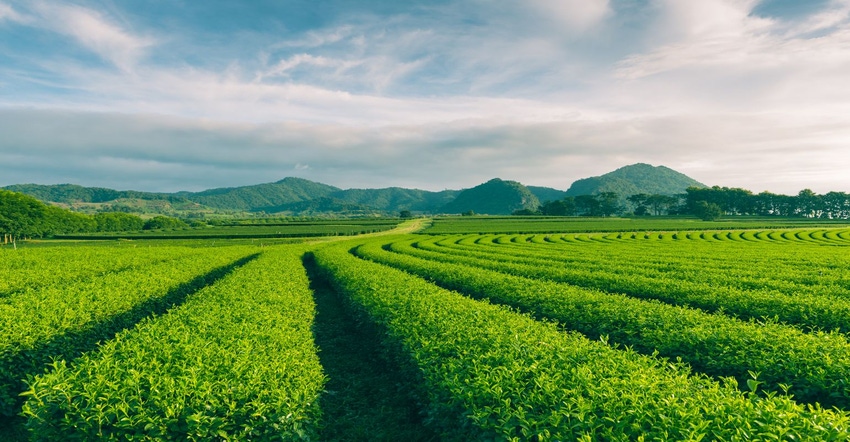
A new toolkit is available to help herbal companies map out their journey toward more robust sustainability practices.
The American Botanical Council (ABC) has unveiled a vastly expanded toolkit herbal companies can use to expand their sustainability practices.
Called the Sustainability & Regernative Toolkit Version 2.0, the document has been expanded by more than 50% from its earlier version and now extends to 88 pages.
Susan Armbrecht, head of the Sustainable Herbs Program, which is part of ABC, spearheaded the effort to expand the document. She said her hope was the expanded document could serve as a learning platform for companies interested in expanding their sustainability capabilities. The way the document is arranged resembles a college-course syllabus.
“I originally envisioned it as something that people at a company could work through,” Armbrecht told Natural Products Insider. “I’d envision that a group of people involved with sustainability and sourcing would pick a portion of this document to work on maybe each month. It’s a chance for companies to collaborate around best practices, and that’s how it would become a living document.”
Why do it in the first place?
The new document makes the case that sustainability practices are a value to a bottom line, a means to connect better with target consumers and a way to retain staff by boosting employee satisfaction.
According to figures from a recent Natural Marketing Institute survey quoted in the document, 62% of surveyed consumers felt more personally responsible for protecting the environment than they have in the past. That’s up from 49% in 2009, a growth of 27%.
In addition, the survey found 45% of consumers said they would be more committed to buying products from companies that had sustainability programs.
The document supplies numerous links to outside resources. One of these is a webinar put on by Pukka Herbs founder Sebastian Pole on how he built his company’s sustainability culture. Pole said it’s important to have a clearly articulated mission statement as well as making it obvious how that mission will be implemented.
Pole recommended companies have clearly defined goals for each department, as well as hiring guidelines to ensure the company is attracting the right kind of talent. In addition, Pole offers advice for how to embed sustainability goals into a company’s sourcing strategy.
How much will it cost?
The document features an entire section on how to account for the costs and benefits of a sustainability program. Called True Cost Accounting, the section has numerous links to resources that describe how costs to environmental and human health have been obscured in the present food supply system.
So, while raw material sourced through a sustainability program might have a different cost point than material sourced through a conventional method, this section gives guidance for how to account for the costs to the environment that conventional sourcing patterns gloss over.
“True cost accounting assumes these externalities should be addressed at the beginning of the chain, not at the end, and in the present, not the future,” the document states. This section of the document includes links to resources from The Rockefeller Foundation, the John Hopkins Center for a Livable Future and others.
The document also includes sections on responsible sourcing, partnerships and packaging considerations.
The responsible sourcing section includes case studies of regenerative herb farming in Costa Rica and medicinal plant production in Bulgaria. Also, extensive resources from The Rodale Institute, an early leader in this area, are referenced.
“C-level executives may consider the SHP Toolkit 2.0 a required course for employees responsible for botanical supply chain quality, sustainability, visibility and assessments of corporate social responsibility in supply chains,” said Josef Brinckmann, research fellow for medicinal plants and botanical supply chain at Traditional Medicinals and president of the ABC Board of Trustees. “Even those with experience in voluntary sustainability standards and responsible supply chains will find fresh ideas and shortcuts to essential information."
About the Author(s)
You May Also Like






.png?width=800&auto=webp&quality=80&disable=upscale)